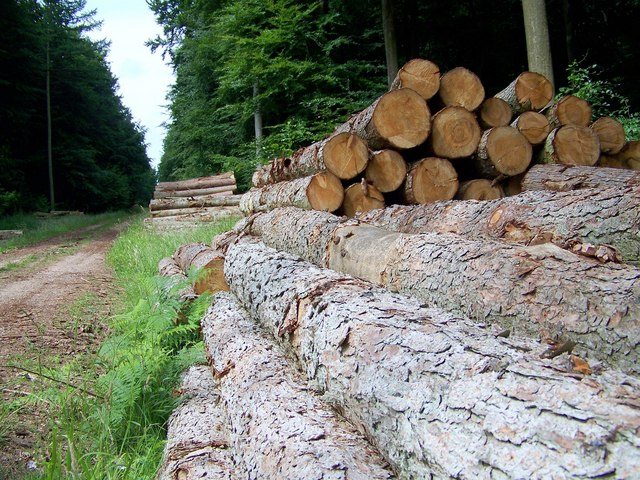
Agriculture
Washington wastes billions of taxpayer dollars annually on agriculture policies that no longer address the economic or environmental realities of 21st century agriculture. Many of these policies were created in the 1930s as temporary assistance measures to combat conditions of the Great Depression. Nearly 80 years later, many continue despite not addressing the needs of the majority of America’s farmers, rural communities, consumers or taxpayers. Billions of dollars are funneled each year to an increasingly small number of large farming operations, while the majority of farmers and rural residents receive little assistance. Taxpayer subsidies also distort farm policies to contribute to overproduction and cultivation of marginal lands, wasting taxpayer dollars and harming the environment.

Energy
Each year we spend billions to promote both mature energy technologies as well as new, unproven, risky ones. Many of these technologies are destructive to public health and the environment, and billions of taxpayer dollars could be saved by cutting subsidies to them. Continuing to ask taxpayers to subsidize these technologies of the past or to ante up money for new harmful technologies is fiscally and environmentally reckless. It’s beyond time to leave the legacy of failed energy policies of the past behind.

Public Lands
The federal government owns more than 650 million acres of land and manages waterways and flood plains. Publicly owned lands include national parks, forests, historical sites and wildlife refuges that provide opportunities for recreation, tourism and conservation. Many public lands, however, are also given over to purely commercial uses such as grazing, mining, drilling and timber harvesting. Often these industries do not pay for the resources they remove or the infrastructure they need for resource extraction. At the same time, they negatively impact water, air and ecosystems. If Congress is serious about improving the environment and cutting the deficit, it should require industries using our public lands to pay fair value for these resources.
Too often the nation’s management of waterways and flood plains yields specious short-term economic gains and longer-term economic and environmental losses. Reforming these programs with smart cuts and policy shifts would save taxpayers billions and protect the country’s natural resources.

Transportation
The nation’s transportation program faces significant challenges. The relevant agencies often operate for years under short-term extensions of authorizing legislation that fail to set priorities for managing the national infrastructure.
The Highway Trust Fund — the account into which our gas taxes are deposited — is collecting far less than current spending levels, which has required Congress to transfer millions of dollars into the Highway Trust Fund to keep it solvent. Meanwhile we have an ever increasing backlog of maintenance. It is imperative, then, that we do the most with every transportation dollar. To do more with less means some programs and projects need to be eliminated while others should be reduced in scope.